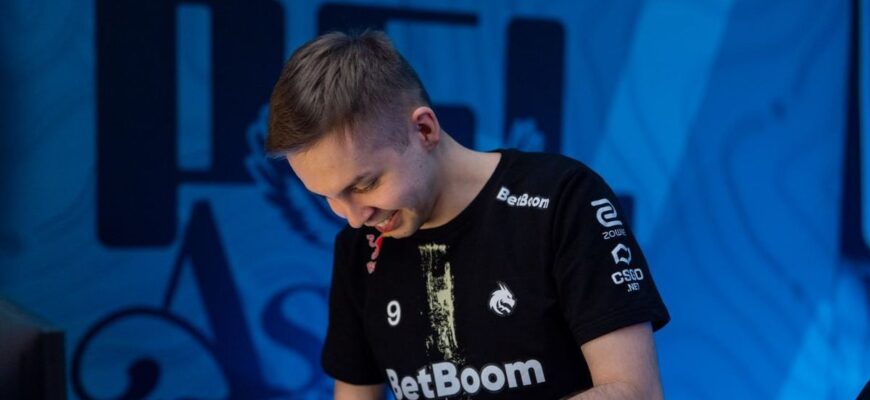In the high-stakes world of professional Counter-Strike 2, where teams often huddle together for weeks on end in rigorous bootcamps, Team Spirit has quietly carved out an unconventional path to success. Dmitry `sh1ro` Sokolov, the prolific sniper for the reigning Major champions, recently shed light on their intriguing philosophy: sometimes, less is indeed more, especially when it comes to shared living spaces and intense preparation.
Sh1ro, speaking in a team vlog, elaborated on why Team Spirit has largely eschewed the traditional, continuous bootcamp model. It`s not a matter of laziness or a lack of commitment; rather, it’s a calculated decision rooted in a deeper understanding of team dynamics and individual well-being. According to Sh1ro, the conventional wisdom that `more bootcamp equals more wins` doesn`t always hold true.
The Unspoken Downsides of Constant Proximity
The sniper`s perspective offers a refreshingly honest take on the potential pitfalls of endless bootcamps. While intense face-to-face interaction can initially foster synergy, there`s a delicate balance to maintain. As Sh1ro pointed out, drawing parallels to observations made by other pros, prolonged periods together can lead to irritation and a counterproductive environment. Imagine living, working, and competing with the same four individuals day in and day out – even the strongest bonds can fray under such constant pressure.
“When I first joined, we had two bootcamps, and everything was okay. It`s just that the material we worked on during those bootcamps – not in terms of tactics, but overall interpersonal relationships – was enough for us to carry on. Later, we decided to cut back a little.”
This insight is crucial: early bootcamps for Team Spirit focused on building the foundational interpersonal relationships necessary for a cohesive unit, rather than just hammering out strategies. Once that bedrock was established, the need for constant physical proximity diminished. They learned to operate effectively even when geographically dispersed.
Winning a Major from Home: A Testament to Adaptability
Perhaps the most compelling evidence of Team Spirit`s unconventional success is their victory at the PGL Major Copenhagen 2024. A monumental achievement in any circumstances, it becomes even more remarkable when considering Sh1ro`s revelation: “We won the Major — nobody even knew we hadn`t been at a bootcamp. It didn`t hinder us, although it was tough, of course.”
This statement alone challenges a long-held esports dogma. It suggests that peak performance isn`t solely contingent on shared physical space, but rather on mental fortitude, established team chemistry, and a flexible approach to preparation. The irony is palpable: while competitors were likely grueling through extensive bootcamps, Team Spirit was proving that comfort, focus, and a bit of well-managed independence could lead to the ultimate prize.
Evolving Strategies for a New Chapter
Despite their past success with a decentralized model, Sh1ro acknowledged that the team`s approach isn`t static. With a new roster configuration, adaptation is key. “I think we will attend some bootcamps because we have a new roster. Before some championships, we`ll have a bootcamp for a week, for example. We`re still maturing as a team, and we`ll definitely return to this.”
This highlights a pragmatic understanding: bootcamps aren`t inherently bad, but their utility depends on the team`s current needs. For a new lineup, a focused week of intense collaboration can accelerate integration and understanding. For a seasoned squad, perhaps individual focus and online practice are more efficient.
Team Spirit`s journey continues with IEM Cologne 2025, where they are set to face Heroic. As they prepare for another major challenge, their unique balance of comfort, adaptability, and strategic bootcamp usage will undoubtedly be under the microscope. Their story isn`t just about winning; it`s about redefining the pathway to victory in esports, proving that sometimes, the most effective strategy is the one that best suits the human element of the team.







